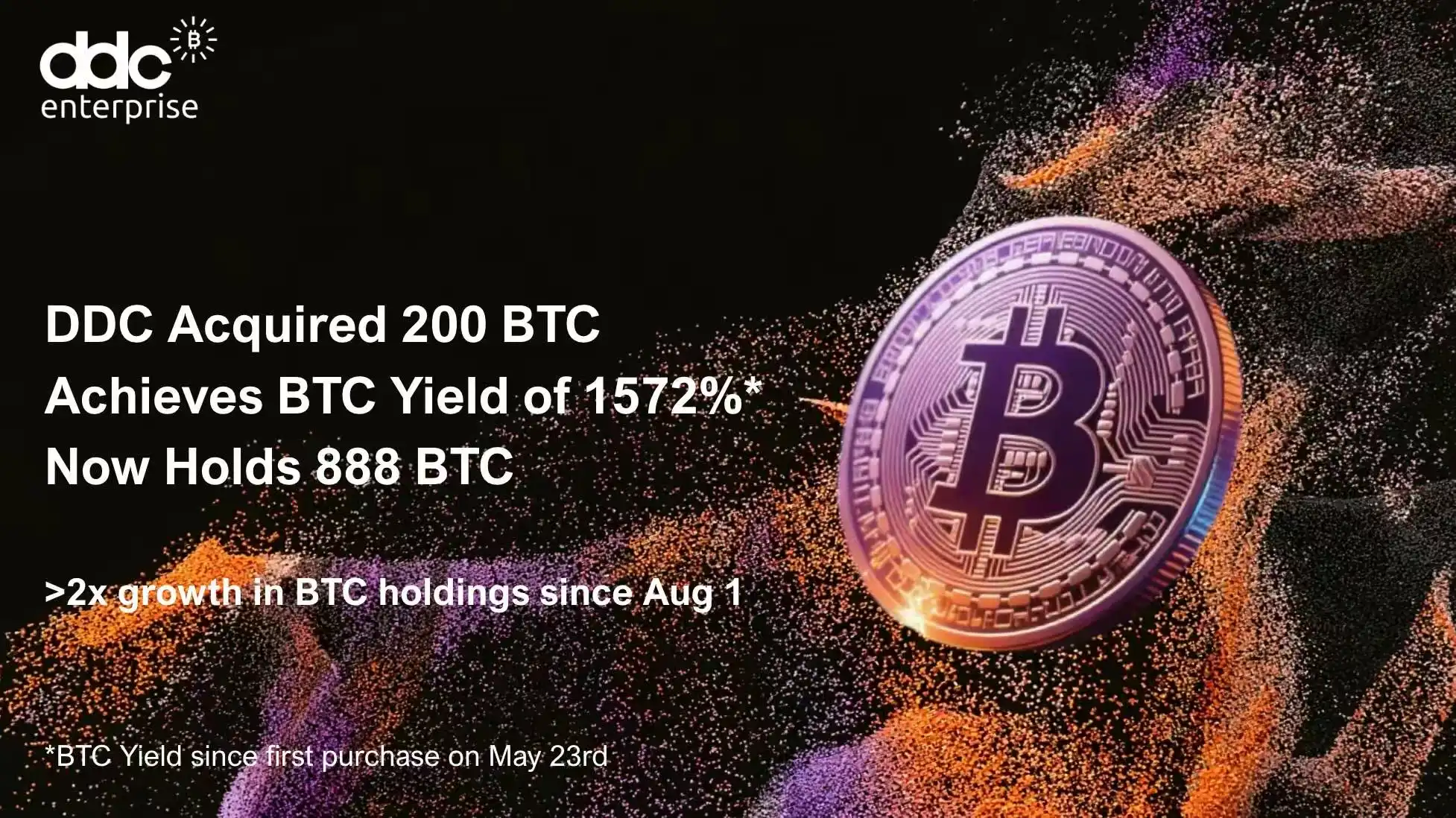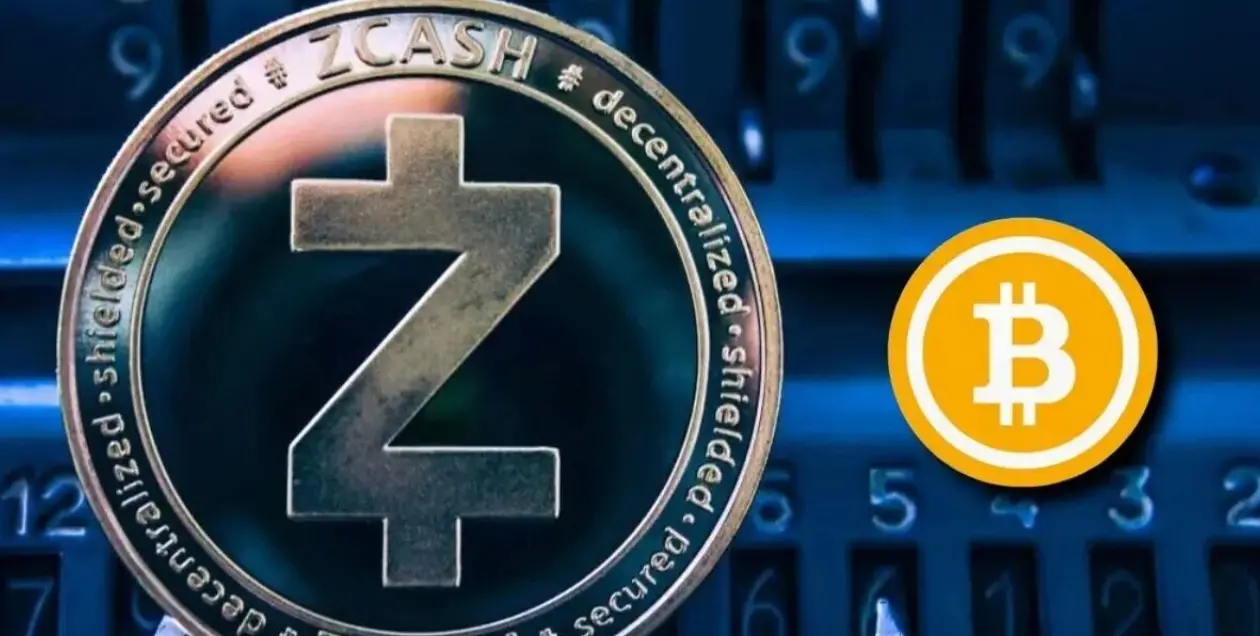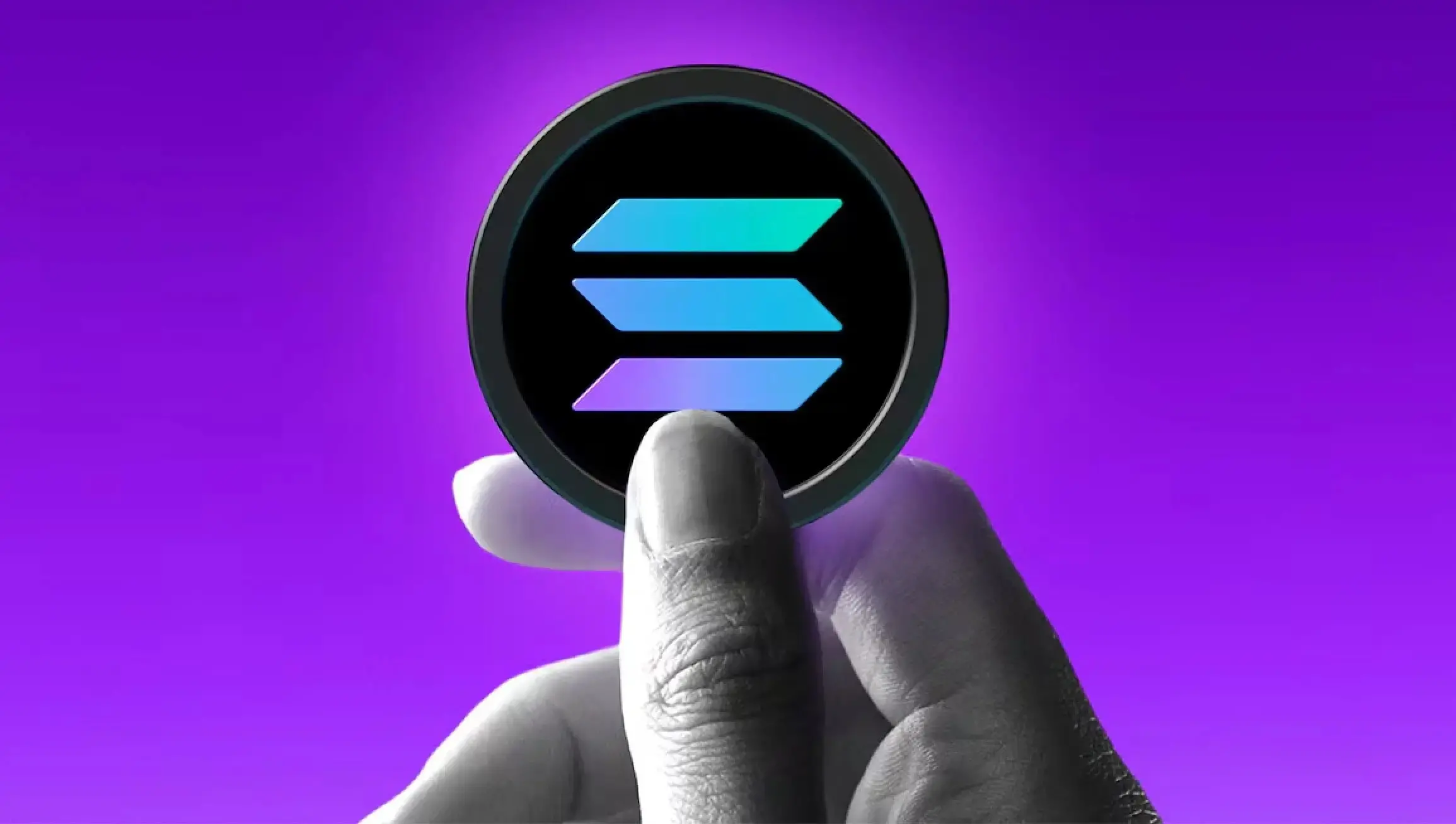DDC Enterprise made its fourth Bitcoin purchase in August, doubling its holdings this month.
DDC Enterprise Limited announced today that it has completed its fourth Bitcoin purchase in August, acquiring an additional 200 BTC. With this purchase, the company's total holdings have reached 888 BTC, representing a growth of over double since the beginning of the month, when it held 368 BTC.

According to official sources, DDC Enterprise Limited ("DDC" or the "Company") today announced that it completed its fourth Bitcoin purchase in August, further acquiring 200 BTC. With this latest acquisition, the company's total holdings have reached 888 BTC, more than doubling from the 368 BTC held at the beginning of the month.
Key Points of the Purchase
Reserve Growth: An additional 200 BTC was added to the Bitcoin reserve, with an average holding cost of $107,447 per BTC.
Holding Milestone: The holdings have more than doubled since August 1.
Return Increase: Compared to the first purchase in May, the return on investment has increased by 1572%.
Shareholder Value: The latest holdings equate to 0.106853 BTC per 1,000 shares of DDC.
Norma Chu, Founder, Chairwoman, and CEO of DDC, said, "This month's purchase not only demonstrates our execution capability and speed but also reflects our discipline and belief. Against the backdrop of Bitcoin market volatility, achieving a doubling of holdings in just a few weeks fully demonstrates our firm determination to become a leading Bitcoin reserve company."
About DDC Enterprise Limited
DDC Enterprise Limited (NYSE: DDC), while continuing to deepen its Asian food business, is leading the way in corporate Bitcoin treasury management. The company has strategically positioned Bitcoin as its core reserve asset and is implementing an active and accelerated accumulation strategy. In addition to expanding its portfolio of food brands (DayDayCook, Nona Lim, Yai's Thai), DDC is also at the forefront of integrating Bitcoin into its corporate financial architecture.
Disclaimer: The content of this article solely reflects the author's opinion and does not represent the platform in any capacity. This article is not intended to serve as a reference for making investment decisions.
You may also like
The hidden narrative behind ZEC's surge: The migration of a safe haven for "Chen Zhi and Qian Zhimin"
Bitcoin serves as insurance against fiat currency; Zcash (ZEC) is insurance against Bitcoin.

Eight Years of Solana: Anatoly Shares the Behind-the-Scenes Story
With such an outstanding founder and product, why hasn’t the token price increased?

Info Finance Prototype: How Can Prediction Markets Evolve from "Betting on the Future" to "Influencing the Future"?
When "using money to influence outcomes" becomes profitable, prediction markets gain the power to change facts.

Global crash: What exactly happened?
Global plunge, everyone is comparing losses.

